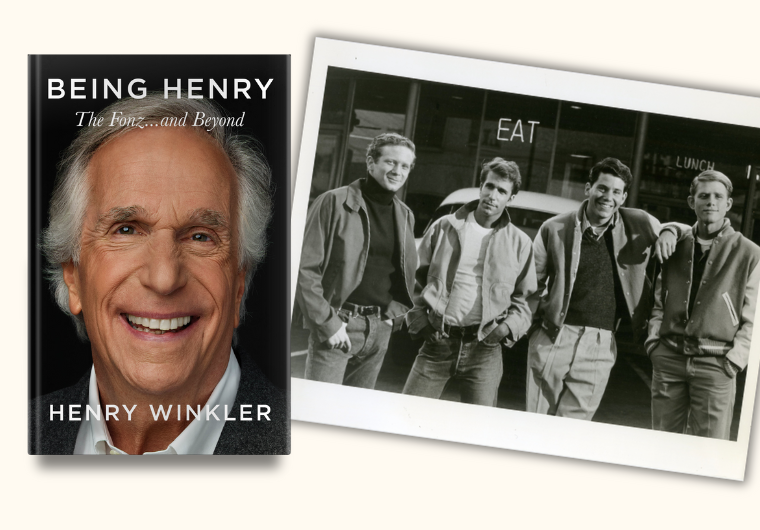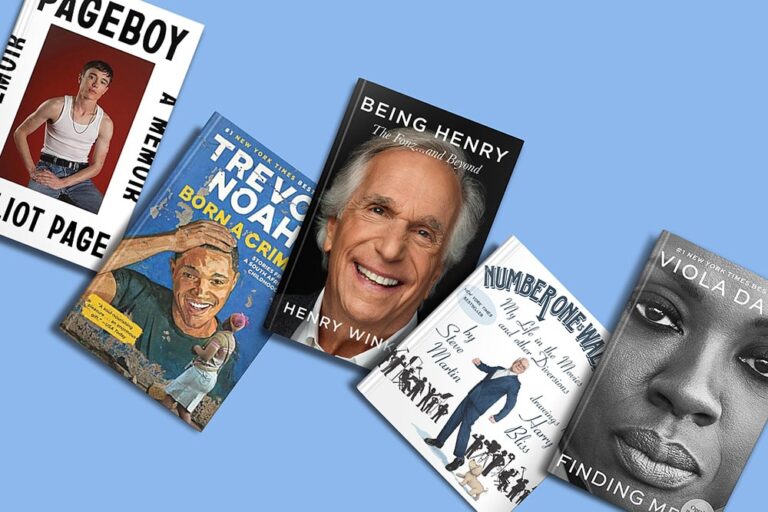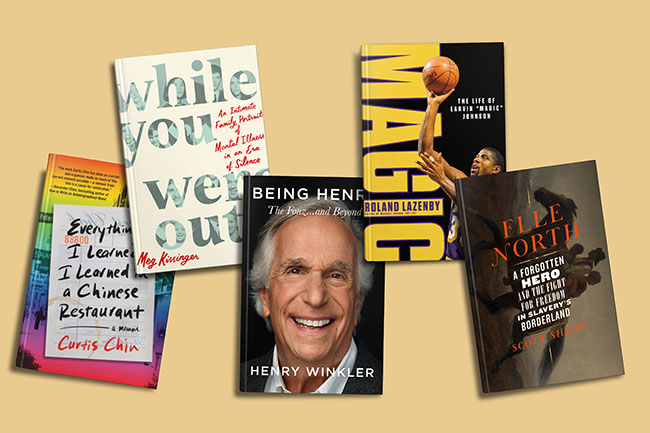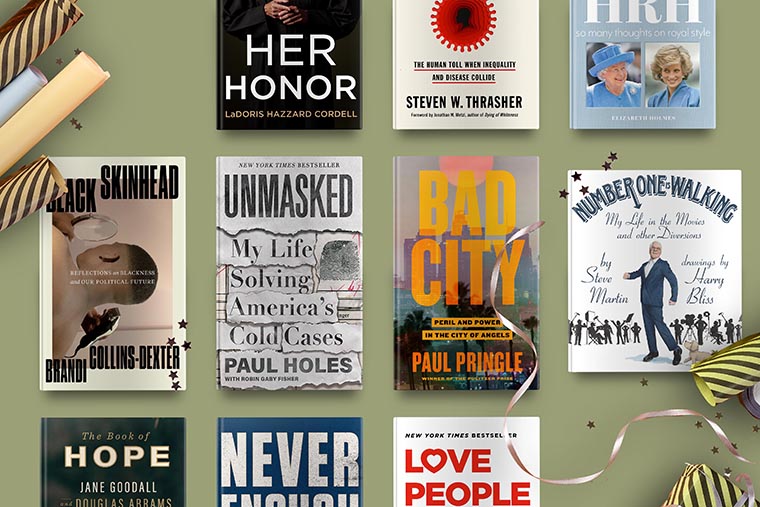From Emmy-award winning actor, author, comedian, producer, and director Henry Winkler, Being Henry is a deeply thoughtful memoir of the lifelong effects of stardom and the struggle to become whole.
Read the excerpt below about Henry's first audition to play "The Fonz" on Happy Days – then order your copy of Being Henry today!
Chapter 1
It was the biggest audition of my life, and the sweat stains under my arms weren’t just clearly visible, they were a cry for help.
I was in an office at Paramount Studios in Los Angeles. It was a sunny Tuesday morning in October 1973. About a dozen people were in the room, all of them seated except for me and one guy, the person I was supposed to read with. He, I would later learn, was a casting assistant named Pasquale. Seated on a couch were (I would later learn) the producers Garry Marshall, Tom Miller, and Ed Milkis, along with Garry’s sister Ronny. Paramount’s casting director Millie Gussie sat behind a large and impressive wooden desk. I believe several other important people were in the room, though I couldn’t tell you for sure.
I was in an altered state.
I smiled. “Hi, how are you?” I said. Blank looks from the people behind the table. “Okay, honesty is the best policy,” I said. “So I’m just gonna tell you that the sweat under my arms is running like the Hudson River. These sweat stains under my arms are in direct correlation to the fear that is running through my body.”
This drew faint smiles from the people who were there to assess me—but they had an expectant look about them. It was time for me to do what I was there to do. I had a couple of script pages in my hands (my palms were also good and sweaty): I had six lines to read. The show, titled Happy Days, was to revolve around a group of wholesome high school kids in 1950s Milwaukee. The character I was reading
was the group’s one renegade. His name was Arthur Fonzarelli, aka the Fonz.
This Fonz was supposed to be a knockabout guy, a man of few words, rough around the edges. Confident. A guy who could make things happen with a snap of his fingers. Someone his fellow teenagers would listen to and obey unquestioningly. If this wasn’t the diametric opposite of who I was in the fall of 1973, it was pretty close. I was twenty-seven years old, soon to turn twenty-eight, a short Jew from New York City with a unibrow and hair down to my shoulders, confident about next to nothing in my life.
The one exception was when I was acting.
When I was on a stage, playing someone else, I was transported to another world, one where pretending made you successful. What I was miserable at was being myself.
I thought I had a vague idea how to play this Fonzarelli. I rustled the papers and cleared my throat. And somehow, at that moment, terrified as I was, I was able to make a firm decision. I decided that I was going to make this guy who was standing up and reading with me—Pasquale, though I didn’t know his name yet—sit down. The force of my character’s personality would give him no choice.
How was I going to accomplish this? I had no clue.
He read his first line. Something about how he’d been talking to the girls, trying to persuade the girls to come to this make-out party.
Then I opened my mouth, and something very odd happened.
What came out was a voice that was not mine. One I’d never heard or used before, deeper and lower in my chest than my regular speaking voice. Assured. Authoritative. Rough around the edges. I pointed at
Pasquale. “Ayyy,” I said.
I had his full attention.
“Let me do it from now on,” I ordered him, in that voice. “You don’t talk to the girls. You have me talk to the girls.”
He was backing up involuntarily.
“Got it?” I said. In that voice.
Now Pasquale was slowly lowering himself into a chair. I’m not sure he even realized he was. Now he was sitting down. Instead of reading his line, he just nodded. Silently.
Then I was done. That was it. I beamed at the people behind the table, tossed my script in the air, and sauntered out of the room, like the badass I was pretending to be.
• • •
Who was I really? That’s always been the big question—and it’s taken me fifty years to realize that there really is a me inside me. If you’d asked me back then, I would’ve told you all I knew at the time: Henry Franklin Winkler, formerly of 210 West 78th Street, Apartment 10A, New York, NY. The son of Harry and Ilse, younger brother of Bea. I had a BA in drama with a minor in psychology from Emerson College in Boston, one of the two schools of the twenty-eight I applied to that had accepted me. I’d somehow managed to scrape through four years of Emerson despite the fact that I couldn’t really read. I mean that
literally.
Reading was not then, is not now, and never has been my forte. At Emerson I once wrote a report on a book by the French sociologist Émile Durkheim by looking at the chapter headings in the table of contents and channeling a sense of what he was talking about: I got a B-minus on the paper.
I was a terrible student as far back as I can remember; this was a real problem for my parents. From my earliest days, the only thing I wanted to do was act: now and then my mother and father pretended to indulge me. A charming childhood photograph shows a seven-year-old Henry on the telephone: the joke I made later on was that I was calling my agent. In my senior year at Emerson I applied to
the Yale School of Drama, the crème de la crème of drama schools, despite thinking, Oh my God. How could you possibly do this? It’s Yale, you’ve been told you’re stupid; it’s Yale—it’s not only the crème de la crème of drama schools, but of students from all over the world—how dare you think you can? But finally I said, “I’m just going to—I’m just gonna try.” It was the schizophrenia of: Are you crazy? How dare you? But finally—Shut up and just try it.
When I do speaking engagements, I say, “You can’t catch a fish unless your fly is in the water.”
At my Yale audition, when it came to performing the Shakespearean monologue I’d been told to memorize, I suddenly realized it had completely fallen out of my head. So instead I improvised something
on the spot, something I thought sounded Shakespeare-ish, and, miracle of miracles, I got in. Into the Yale School of Drama! I mostly played fourteen-year-olds in student productions. (I was short and
baby-faced.) But I got the chance to act in plays by Euripides, T. S. Eliot, and Eugene O’Neill. I was in the Greek chorus of The Bacchae. By my third year, I’d grown enough to play Albert Einstein in Friedrich Dürrenmatt’s The Physicists, speaking in my parents’ German accent and wearing a curly wig and my father’s 1930s shoes, shoes that were so well made they were indestructible. . . .




